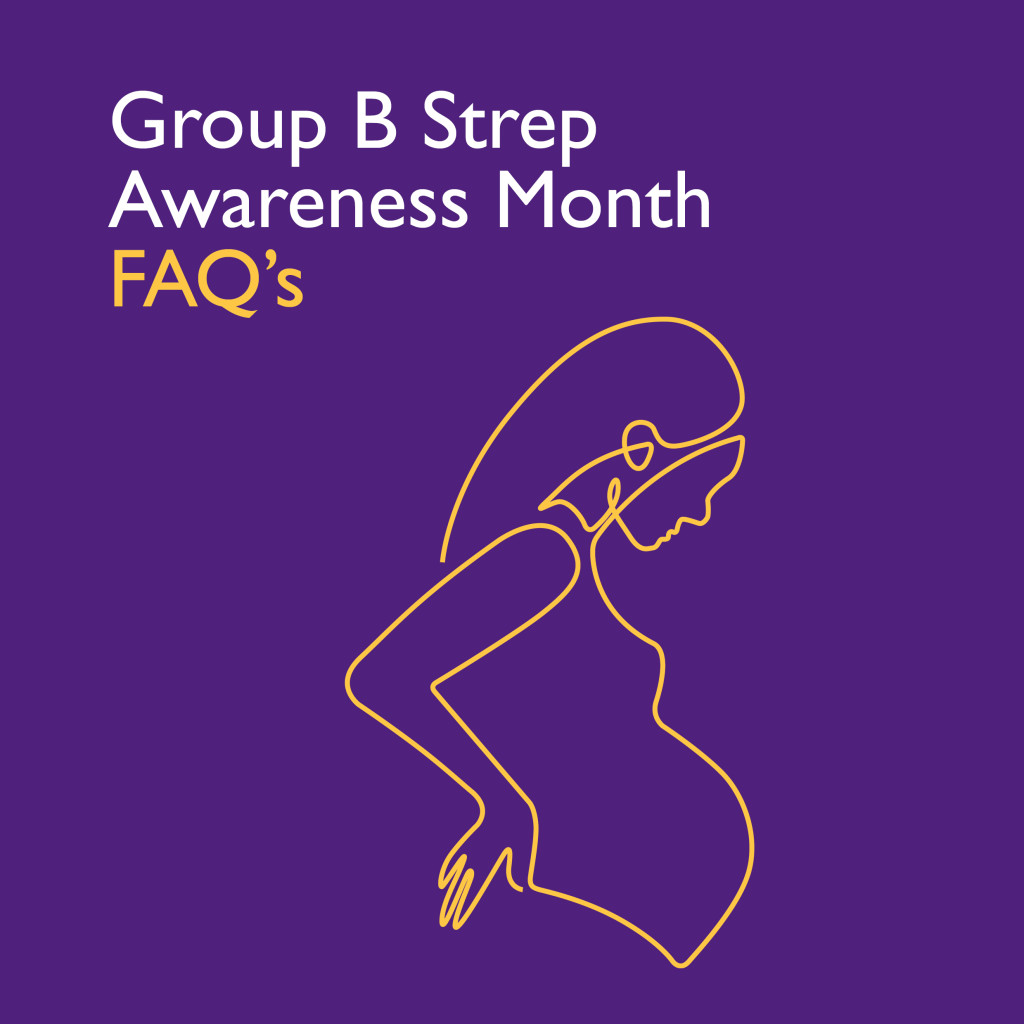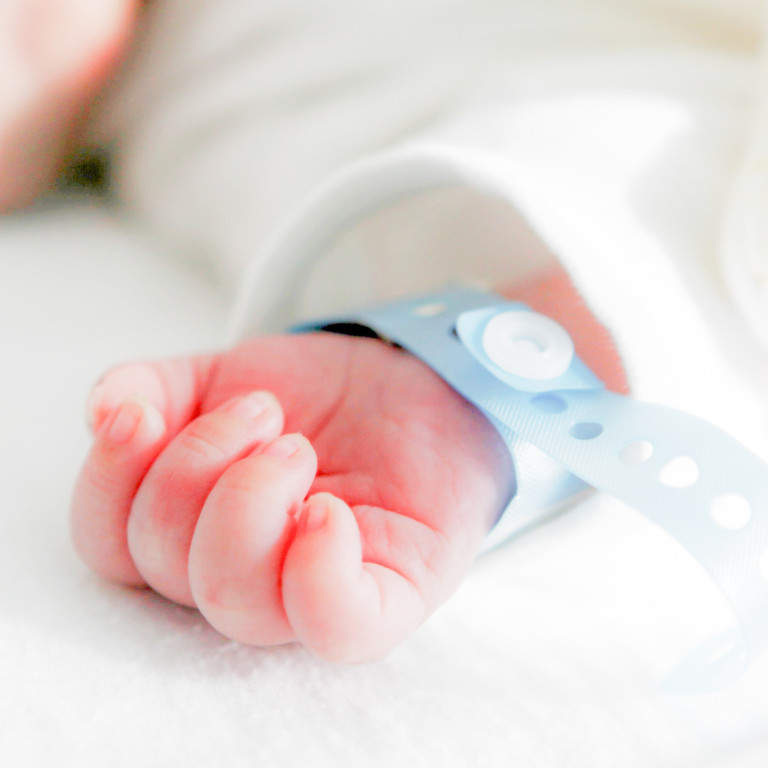- What is Group B Strep ("GBS")?
- How is GBS discovered?
- What could GBS mean for my baby?
- How can the risks be reduced?
- What are the signs of GBS infection in a baby?
- Can I bring a claim for compensation if my child has been affected by GBS?
What is Group B Strep (“GBS”)?
- GBS is a common bacterium that lives in the bodies of 20 to 40% of women.
- Like many bacteria, GBS can be passed from person to person by skin-to-skin contact.
- Carrying GBS is not harmful to you and most women with GBS will have no symptoms, but it can affect your baby around the time of birth.
- Occasionally, GBS can lead to serious infection in new-born babies. Very rarely, it can also cause infection during pregnancy and before labour.
How is GBS discovered?
- Most women carrying GBS do not have symptoms.
- GBS is, however, sometimes found during pregnancy by swabs or a urine test.
- The NHS does not routinely offer all pregnant women screening for GBS.
- Home testing kits are, however, available and more information about available tests can be found here: Group B Strep testing - Group B Strep Support (gbss.org.uk)
What could GBS mean for my baby?
- Most babies who come into contact with GBS during labour or around birth do not become ill.
- However, if you are carrying GBS, there is a small risk that your baby will develop an infection in which case they can become very unwell or even die.
- Most commonly, in new-born babies GBS can cause:
- Sepsis – infection in the blood and other tissues
- Pneumonia – infection in the lungs
- Meningitis – infection in the lining of the fluid around the brain.
- Although, if untreated, GBS infection can make your baby very unwell, with prompt treatment most babies will make a full recovery.
- Early detection and treatment are therefore vital.
How can the risks be reduced?
- Any urine infection caused by GBS should be treated by antibiotics straight away. If you have had a urine infection caused by GBS you should also be offered intravenous antibiotics during labour.
- You should also be offered intravenous antibiotics during labour if:
- you have had a GBS positive test, conducted either by the NHS or another accredited laboratory; or
- if you have previously had a baby that was diagnosed with GBS infection.
- If your waters break after 37 weeks and you are known to carry GBS then you should be offered an induction of labour straightaway to reduce the risk of your baby being exposed to GBS. You should also be offered intravenous antibiotics once induced.
- If you are not known to carry GBS but develop signs of infection while you are in labour, then you will be offered intravenous antibiotics. This will be aimed at treating a wide range of infections, including those caused by GBS.
- If your labour starts before 37 weeks, then you will be recommended to have intravenous antibiotics even if you are not known to carry GBS.
What are the signs of GBS infection in a baby?
- Most babies who develop GBS infection become unwell during their first week of life – this is known as early-onset GBS infection.
- Most commonly babies will become unwell within 12-24 hours of birth.
- Although less common, GBS infection can affect babies until they are 3 months old. This is known as late-onset GBS infection.
- The Royal College of Obstetricians and Gynaecologists states that babies with early-onset GBS infection may have the following symptoms:
- Grunting/ noisy breathing/ moaning
- They may seem to be working hard to breathe when you look at their chest or tummy, or not be breathing at all.
- Be sleepy and/or unresponsive.
- Be crying inconsolably.
- Be unusually floppy.
- Not feed well or not keep milk down.
- Have a high or low temperature and/or skin that feels too hot or cold.
- Have changes in their skin colour (including blotchy skin).
- have an abnormally fast or slow heart rate or breathing rate.
- If you notice any of these signs or symptoms or are worried about your baby, then you should seek urgent medical attention and mention GBS.
Can I bring a claim for compensation if my child has been affected by GBS?
- If the treatment that you or your baby received was negligent, causing you or your baby either injury or harm, you may be able to bring a claim for compensation as a result.
- The process of bringing a claim is not about punishing those who have made a mistake but rather about (in so far as money ever can) putting you back in the position you would have been had the negligence not occurred.
- No amount of money will ever adequately compensate for the loss of a baby but crucially though, if your claim is successful, and your child has been left with long term disability, it will result in financial compensation which will help secure appropriate care and support in the future.
- When bringing a claim, it is important to remember that the process will not necessarily lead to an apology unless a full admission of responsibility is made.
- Although the process can sometimes be a useful tool to help ensure that lessons have been learned it also important to understand that it does not always effect a change in medical practice.
How we can help
If you or your family have suffered because of medical negligence, we will help you to recover appropriate compensation and secure the future.





